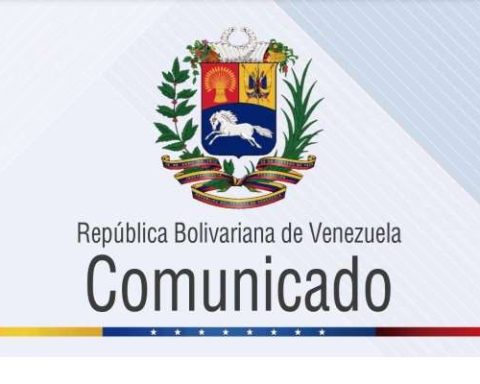1. The effects of Fake News in real life, especially during election times
The era of political correctness ended with the incendiary messages of candidates like Javier Milei; The followers of the far-right candidate found validation in the anti-progressive discourse, therefore, the adherence of followers on social networks was almost organic.
This lesson is alarming because misinformation finds a consumer niche that has dire consequences on real life. For example, Donald Trump’s recent comments during the second debate about Haitian migrants in Ohio. Although the authorities have taken it upon themselves to deny the Republican candidate, threats of violence against immigrants and residents were unleashed due to the racist narratives that spread on social networks, which only needed Trump’s push to validate their prejudices in against migrants.
Another example of the effects of misinformation was the rumor of the abolition of churches and mandatory circumcision for all males if Claudia Sheinbaum became president. Citizen concerns about the possible disappearance of the Catholic Church were expressed during the pink marches. Even the episcopate in Mexico pressured the Morena candidate to clarify these rumors. Xóchitl Gálvez capitalized on this fake news during one of the debates, wearing t-shirts with images of skulls that came from memes on social networks, pointing out Claudia Sheinbaum as “the candidate of death.” What started as a joke ended up being a rumor that was difficult for Sheinbaum’s presidential campaign to control.
2. Social networks represent the political sentiment towards the candidates and can encourage the electoral result
During the last elections in Mexico, social networks were crucial to understanding changes in voting intention trends. Jorge Álvarez Maynez used digital strategies to his advantage to accumulate the votes of undecided citizens. The popularity that the Citizen Movement candidate gained was evident on social networks for young demographics, such as TikTok and Instagram; But it was a surprise to many that Máynez obtained 6 million votes if the result was compared with voting intention surveys that barely gave him between 2% and 5% of the total votes.
The case of Xóchilt Gálvez was the opposite: most of the political satire content was directed towards his personal image, highlighting every mistake he made during his campaign. We do not know if this isolated factor discouraged potential voters, but the results of the past elections were lower than the expectations of voting intention surveys. The opposition candidate’s social networks attracted more users who mocked her than followers of her own party.
3. Unity (in social networks) is strength
Social networks can be spaces for citizen mobilization with good intentions. The case of the second round of the legislative elections in France, whose results were distributed between the three main political parties, demonstrated that social media users do have the responsiveness to go out and vote. Contrary to the result that all opinion polls expected, the far-right RN party led by Marine Le Pen did not obtain an absolute majority in the French National Assembly.
This is a lesson that we can learn from democracies in Latin America: it is possible to seek balance in the legislative power if social networks direct their efforts to convince citizens to go out and vote, without partisan overtones. The “Useful Vote” strategy, the templates that circulated on Instagram plus the classist comments of some people in entertainment were vain efforts by the opposition to distribute the votes in the only two places where they could compete: the legislative chambers. .
Political mobilization must be stimulated from fraternity and social union; The classist and condescending comments of some social media users were futile even for their own political interests.
4. TikTok and the next generation of voters
Vertical social networks are the new space for political expression for generation Z, who are the young demographic with the highest electoral participation in the history of Latin America. Unlike Millennials, Generation Z has more effective tools to inform themselves about electoral processes. Therefore, political parties must embrace the idea of running entirely digital campaigns, while at the same time taking responsibility for the pernicious use of algorithms that appeal to confirmation bias, such as TikTok.
The United States Congress has yet to define whether to restrict the use of this social network of Chinese origin while the federal election process occurs. The reason for the possible ban of TikTok in the North American territory is the influence that the Chinese government could have on American users and influence the results of the elections.
Something we must learn in Latin American democracies about the use of TikTok is that algorithms encourage repetitive behaviors. The lack of contrast between ideas leads users to stay endlessly on content that gives them a confirmation bias: this is a fertile breeding ground for misinformation and conspiracy theories. The constant bombardment of false information forms complex narratives that are difficult to refute.
The regulation of social networks like TikTok, and those that are quick to read like X, must be carried out hand in hand with their respective boards of directors to avoid political and social alterations in periods of high political volatility. It is not an attack on freedom of expression if individual guarantees are at risk.

















